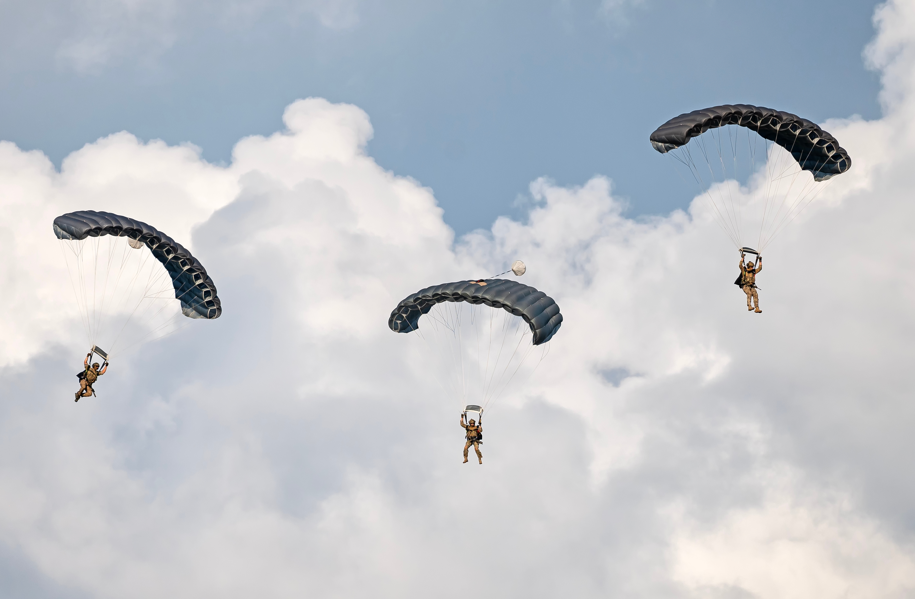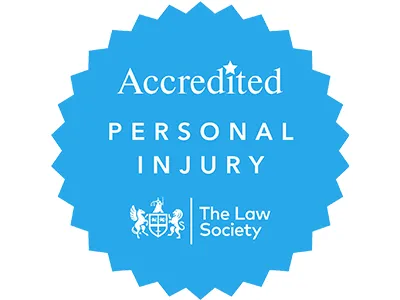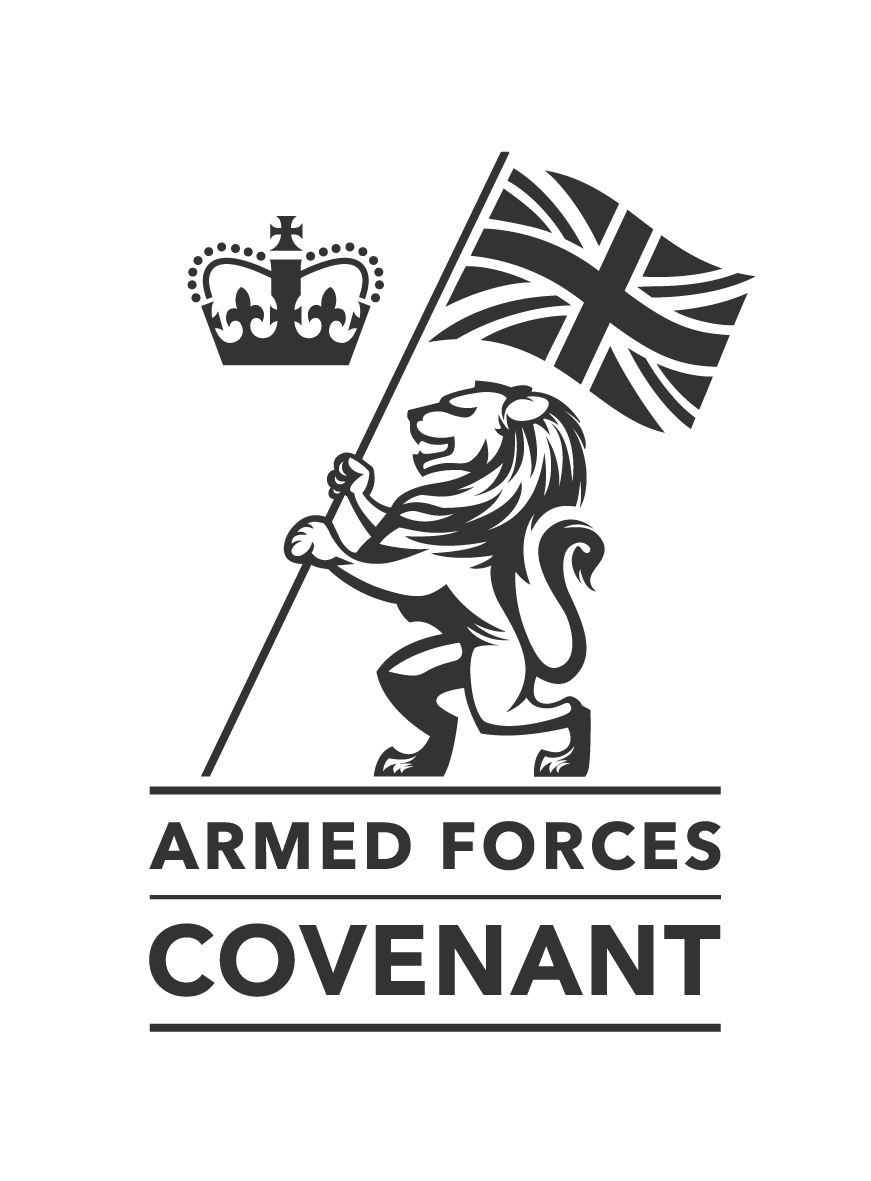Parachuting and aviation duties are vital elements of military training and operations. Whether during live deployment or peacetime exercises, these activities demand not only exceptional skill and discipline but also involve considerable risk. Despite extensive safety protocols, accidents can and do happen, and when they result in serious injury, the consequences can be life-changing for serving personnel and their families.
At Military Injury Claim, we provide expert legal support to service members and veterans who have suffered injuries during parachute jumps or aviation incidents. This article explores the risks involved, the common causes of injury, and how legal redress may be available through the Armed Forces Compensation Scheme (AFCS) or civil claims against the Ministry of Defence (MoD).
The Reality of Parachute and Aviation Risks in Military Service
Military parachuting, particularly during static-line descents, presents a high injury rate due to the force of impact upon landing. Studies indicate that around 80% of parachute-related injuries affect the lower limbs, with ankle and knee injuries being the most common. These may result from poor weather conditions, improper body positioning, equipment failure, or uneven landing zones.
Advanced jump techniques such as HALO (High Altitude Low Opening) and HAHO (High Altitude High Opening) add further complexity and risk. These high-altitude jumps are used in specialised operations and training, often carried out in extreme environments. Risks include:
- Hypoxia, due to thin air at high altitudes without adequate oxygen supplementation
- Frostbite, especially in fingers, toes, and facial areas exposed during descent
- Parachute malfunction, including entanglements or delayed deployment
- Collision injuries, especially in group jumps or confined airspace
Military aviation duties also come with serious risk. While aircraft used by the armed forces are maintained to exacting standards, errors in navigation, mechanical failure, or in-flight emergencies can lead to catastrophic consequences. Even routine training flights have resulted in injuries ranging from traumatic brain injuries and spinal fractures to fatal outcomes.
Legal Avenues for Compensation
UK service personnel injured in parachute or aviation incidents have two main legal routes for pursuing compensation:
- Armed Forces Compensation Scheme (AFCS)
The AFCS is a government-run, no-fault scheme providing tax-free lump sum payments and, where applicable, ongoing pensions. It covers injuries sustained as a result of service, including during training exercises or operational duties. Key features include:
- No requirement to prove negligence
- Applications must usually be made within 7 years of the incident
- Awards are graded by severity, with tariffs for each recognised injury type
However, the AFCS has limitations. Compensation levels may be lower than those obtainable through civil action, and some types of injury may not be clearly categorised within the scheme.
- Civil Claim Against the Ministry of Defence
A civil claim can be pursued where negligence can be demonstrated. This might include:
- Failure to provide adequate training or supervision
- Use of defective or unsuitable equipment
- Breach of standard operating procedures
- Poor maintenance of aircraft or parachuting gear
Unlike the AFCS, a civil claim allows for more comprehensive compensation, including damages for pain and suffering, loss of earnings, and ongoing care costs. These claims typically have a limitation period of three years from the date of the incident or the date when the injury was first identified.
Where aviation is involved, there is a strict two year time limit for commencing court proceedings so it is crucial you seek legal advice as soon as possible after the event.
Why Specialist Legal Advice Matters
Navigating a military injury claim is not straightforward. These cases often involve a complex intersection of military procedures, aviation standards, and personal injury law. Specialist solicitors can provide invaluable support by:
- Investigating the incident thoroughly, using expert witnesses and technical reports
- Accessing military service records and securing medical evidence
- Managing communications with the MoD or Veterans UK
- Ensuring compliance with strict deadlines and procedural requirements
- Calculating fair compensation based on both immediate and long-term impact
Our team at Military Injury Claim has a proven track record in supporting serving and former members of the Armed Forces. We understand the unique demands and culture of military life and offer a sensitive yet determined approach to achieving justice and financial support for injured personnel.
Supporting Recovery and Reintegration
We recognise that the impact of a serious parachuting or aviation injury goes far beyond the initial trauma. Injuries can result in medical discharge, the loss of a military career, psychological difficulties, and strain on family life.
At Military Injury Claim, we work with empathy and diligence to help claimants navigate this difficult time. Our goal is to ensure that clients receive not just financial redress, but the support they need to move forward—whether that means rehabilitation, retraining, or long-term care.
Speak to a Military Injury Specialist Today
If you or a loved one has suffered injury during a military parachute jump or aviation incident, do not delay in seeking advice. Strict limitation periods may apply, and early action is often key to a successful outcome.
Contact us at www.militaryinjuryclaim.co.uk to arrange a free, no-obligation consultation with our expert team. We are here to listen, to advise, and to act in your best interests.
Military Injury Claims
The most common claim types that we handle for our clients; to see how we can help call 0113 224 7837 or email: [email protected]
Claim type not listed? Get in touch for a free assessment of your military injury claim. To see how we can help; call 0113 224 7837 or email [email protected]
Diane Askwith heads up the military injury claims team at Ison Harrison Solicitors. Meet The Team










